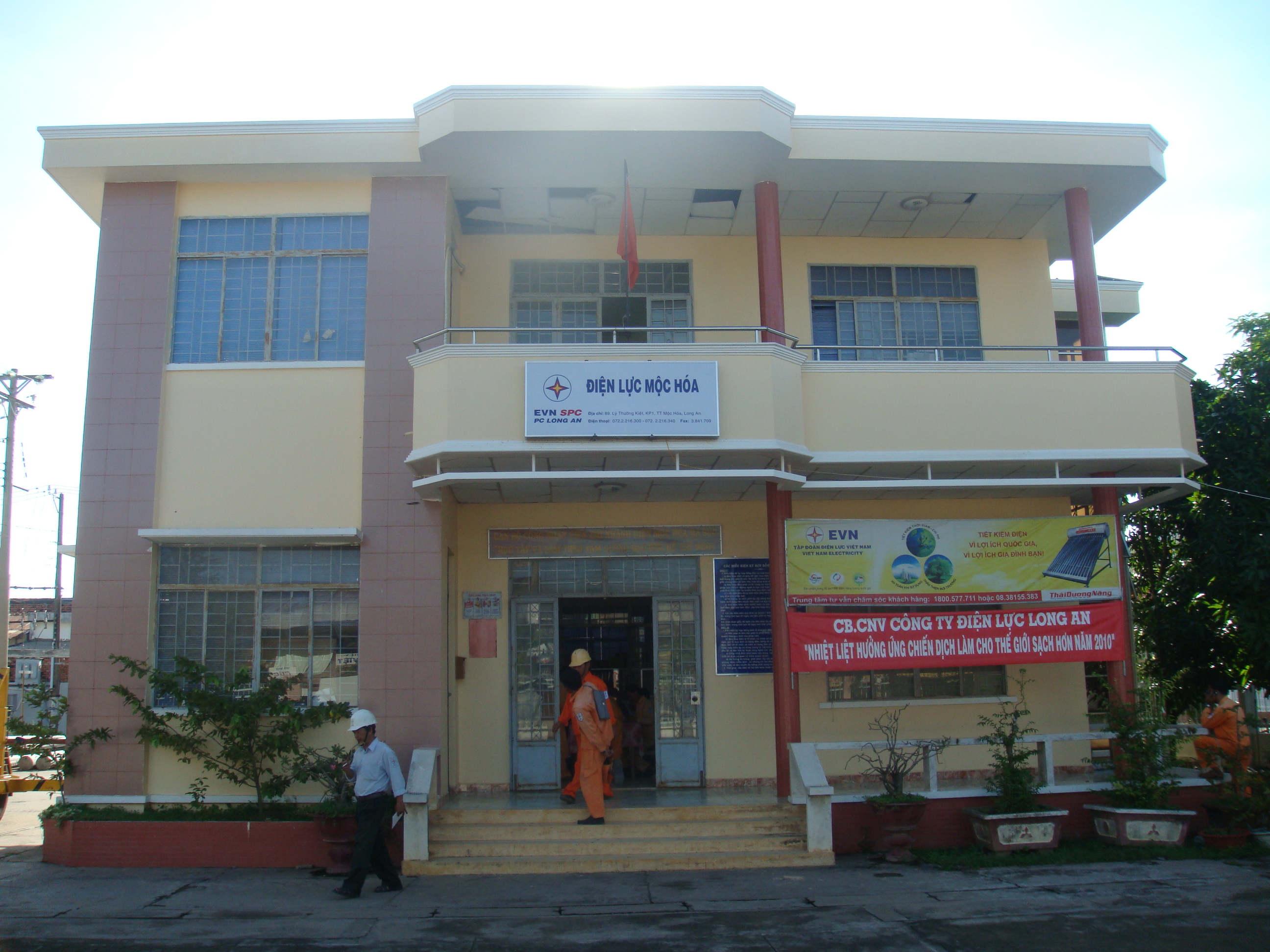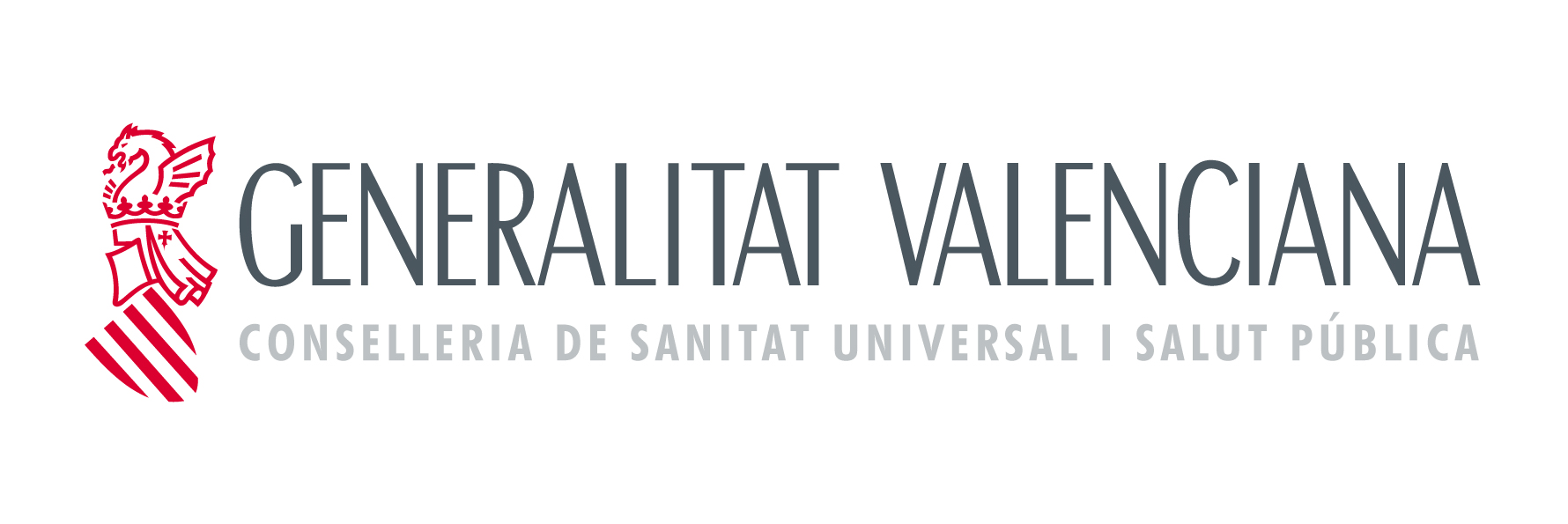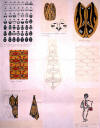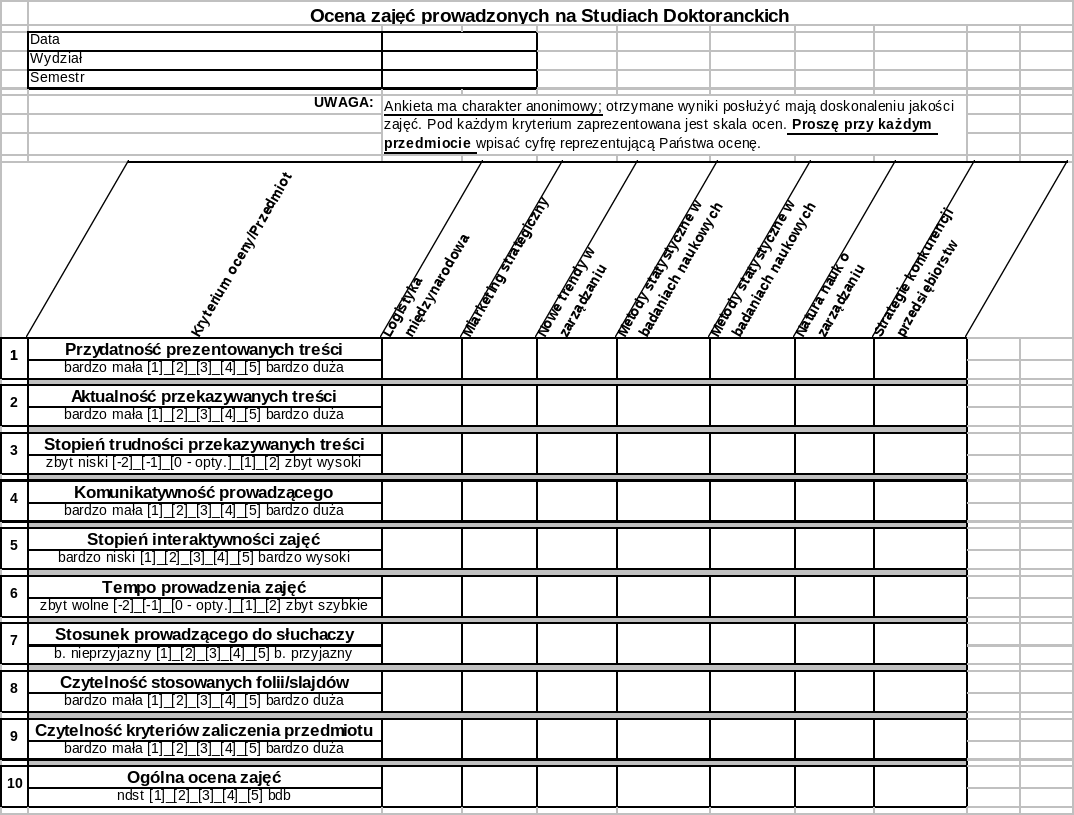perceptions of self report survey congratulations! you have just completed your participation in the x project. now that you are done,
Perceptions of Self Report Survey
Congratulations! You have just completed your participation in the X
Project. Now that you are
done, we would like to ask you a few questions about the project. Your
answers will be very useful to us
as we try to improve our projects. Therefore, please answer these
questions as honestly as possible.
How important were the following in making you decide to join?
Not at all A little Pretty Very
Important important important important
1. the money 0 1 2 3
2. it sounded interesting 0 1 2 3
3. wanted to cut down/quit smoking 0 1 2 3
4. liked the interviewer/recruiter 0 1 2 3
5. someone I know wanted me to join 0 1 2 3
6. How helpful was it to have your parent(s) involved in the
intervention?
1 2 3 4 5
Not at all Not very Moderately Very Extremely
helpful helpful helpful helpful helpful
Please answer the following questions as honestly and completely as
you can. When you finish, place the completed form in the envelope
provided. Your name will not be attached to this form. Feel free to
ask the researcher any questions you may have.
Using the answer key, circle the number that corresponds with your
answer.
1 = Almost always during study
2 = Frequently during study
3 = Sometimes during study
4 = Rarely during study
5 = Never during study
1. Did you purposely tell the researchers that you 1 2 3 4 5
smoke more cigarettes than you really do?
2. Did you purposely tell the researchers that you 1 2 3 4 5
smoke more often than you really do?
3. Did you purposely tell the researchers that you 1 2 3 4 5
have more problems because of smoking than you
really have? “Problems” can mean emotional or
physical dependence, health problems, trouble with
family or friends, money problems, and other troubles.
4. Did you purposely tell the researchers that you 1 2 3 4 5
smoke fewer cigarettes than you really do?
5. Did you purposely tell the researchers that you 1 2 3 4 5
smoke less often than you really do?
6. Did you purposely tell the researchers that you 1 2 3 4 5
have fewer problems because of smoking than you
really have? “Problems” can mean emotional or
physical dependence, health problems, trouble with
family or friends, money problems, and other troubles.
7.
Did you tell the researchers you smoke more cigarettes, smoke more
often, or have more problems due to smoking than you really have?
Check one: Yes _____ (go to #8)
No _____ (go to #9)
8. How important were the following factors in your telling the
researchers that you smoke more cigarettes,
smoke more often, or have more problems because of smoking than you
really do?
Not at all A little Pretty Very
important important important important
To look cool 0 1 2 3
To look better 0 1 2 3
To be more like my friends 0 1 2 3
For attention 0 1 2 3
To get help 0 1 2 3
Because I’m addicted to cigarettes; smoking
is a habit 0 1 2 3
Because I crave cigarettes 0 1 2 3
“Just to say it”; for the heck of it 0 1 2 3
Because it was hard to figure out how much
I smoke 0 1 2 3
Because smoking makes me feel better about
myself 0 1 2 3
Because smoking helps me deal with stress 0 1 2 3
9.
Did you tell the researchers you smoke fewer cigarettes, smoke
less often, or have fewer problems due to smoking than you really
have?
Check one: Yes _____ (go to #10)
No _____ (go to #11)
10. How important were the following factors in your telling the
researchers that you smoke fewer
cigarettes, smoke less often, or have fewer problems because of
smoking than you really do?
Not at all A little Pretty Very
important important important important
Fear of getting in trouble (with parent, adults) 0 1 2 3
Wanted to make myself look good 0 1 2 3
I don’t want to be addicted to cigarettes 0 1 2 3
I feel bad about my smoking 0 1 2 3
Because I’d like to quit 0 1 2 3
Embarrassed I smoke so much 0 1 2 3
Didn’t want anyone to worry 0 1 2 3
Because I want to fit it 0 1 2 3
“Just to say it”; for the heck of it 0 1 2 3
It’s hard to figure out how much I smoke 0 1 2 3
Didn’t pay Paid very
attention close attention
11. During the study, how much do you think you
1----------------2---------------3--------------4
paid attention to questions or to the way you
answered the questions?
Dislike Dislike Like Like
very much somewhat somewhat very much
12. How much do you like or dislike the way 1 2 3 4
smoking makes you look?
Not at all A little Pretty Very
concerned concerned concerned concerned
13. During the study, how concerned were you that 1 2 3 4
your answers would be shared with your parents?
[NOTE: Please be assured that your answers were not discussed with
anyone outside of the project staff]
Not at all A little Pretty Very
concerned concerned concerned concerned
14. During the study, how concerned were you that 1 2 3 4
your answers would be shared with others
(not including your parents)?
[NOTE: Please be assured that your answers were not discussed with
anyone outside of the project staff]
Not at all A little Pretty Very
important important important important
15. During your first session of this project, how 0 1 2 3
important was it to you that the interviewer
like you?
16. During your first session of this project, did you feel like the
interviewer wanted you to say that you
smoke more or less than you really smoke?
___ 1 = Less than I really smoke
___ 2 = Interviewer wanted me to report about the amount I really
smoke
___ 3 = More than I really smoke
Not at all A little Pretty Very
important important important important
17. During your follow-ups for this project, how 0 1 2 3
important was it to you that the interviewer
like you?
18. During your follow-ups for this project, did you feel like the
interviewer wanted you to say that you
smoke more or less than you really smoke?
___ 1 = Less than I really smoke
___ 2 = Interviewer wanted me to report about the amount I really
smoke
___ 3 = More than I really smoke
19. During the study, how often did you tell the researchers you
weren’t smoking when you really were?
0 1 2 3 4
Never Rarely Sometimes Frequently Always
(If answered 0, skip questions 20 & 21)
20. List the reasons for telling the researchers you weren’t smoking
when you really were:
a.
_________________________________________________________________________________
b.
_________________________________________________________________________________
21. When did you tell the researchers you weren’t smoking when you
really were? (check all that apply)
______ First interview
______ Phone call session
______ 1 month follow-up
______ 3 month follow-up
______ 6 month follow-up
22. During this study, how often did you tell the researchers you were
smoking when you really weren’t?
0 1 2 3 4
Never Rarely Sometimes Frequently Always
(If answered 0, skip questions 23 & 24)
23. List the reasons for telling the researchers you were smoking when
you really weren’t:
a.
__________________________________________________________________________________
b.
__________________________________________________________________________________
24. When did you tell the researchers you were smoking when you really
weren’t? (check all that apply)
______ First interview
______ Phone call session
______ 1 month follow-up
______ 3 month follow-up
______ 6 month follow-up
 CNL ROGELIO AYALA MOREIRA PROGRAMA PREPARADO EN HONOR AL
CNL ROGELIO AYALA MOREIRA PROGRAMA PREPARADO EN HONOR AL ĐIỆN LỰC MỘC HÓA VỚI PHONG TRÀO BẢO VỆ
ĐIỆN LỰC MỘC HÓA VỚI PHONG TRÀO BẢO VỆ works-masterspec-096816
works-masterspec-096816 COMISIÓN “ESTUDIANTES PRECARIZADOS” Y COMISIÓN DE PRESUPUESTO Nº DE
COMISIÓN “ESTUDIANTES PRECARIZADOS” Y COMISIÓN DE PRESUPUESTO Nº DE ANEXO I MEMORIA TÉCNICA DATOS DE IDENTIFICACIÓN DEL ENSAYO
ANEXO I MEMORIA TÉCNICA DATOS DE IDENTIFICACIÓN DEL ENSAYO PRESENTACIÓN DE LOS DATOS DE ESTIMACIÓN DE LA COSECHA
PRESENTACIÓN DE LOS DATOS DE ESTIMACIÓN DE LA COSECHA A YUNTAMIENTO DE MISLATA ÁREA DE CULTURA DEPARTAMENTO DE
A YUNTAMIENTO DE MISLATA ÁREA DE CULTURA DEPARTAMENTO DE B ENITA FERREROWALDNER IS THE PRESIDENT OF THE EULAC
B ENITA FERREROWALDNER IS THE PRESIDENT OF THE EULAC การประชุมสัมมนาบัณฑิตศึกษาวิศวกรรมโยธา มหาวิทยาลัยเทคโนโลยีสุรนารี ครั้งที่ 3 A MODIFIED STRUCTURED CAM CLAY
การประชุมสัมมนาบัณฑิตศึกษาวิศวกรรมโยธา มหาวิทยาลัยเทคโนโลยีสุรนารี ครั้งที่ 3 A MODIFIED STRUCTURED CAM CLAY THIS WORK IS IN RESPONSE TO QUESTION 1 OF
THIS WORK IS IN RESPONSE TO QUESTION 1 OF ZAŁĄCZNIK 2 PROJEKTOWANIE I ROZWÓJ USŁUG EDUKACYJNYCH NA STUDIACH
ZAŁĄCZNIK 2 PROJEKTOWANIE I ROZWÓJ USŁUG EDUKACYJNYCH NA STUDIACH